Grants and financial support to make your home more energy efficient
Installing energy efficiency improvements in your home brings many benefits: lower energy bills, reduced carbon footprint, and an increase in the value of your home, too. However, the upfront cost may put you off certain green home upgrades. Whilst the Green Homes Grant voucher scheme closed earlier this year, there are alternative schemes that also reduce the overall cost of making your home eco-friendlier.
Find a list of energy efficiency home grants, cash incentives, discounts and other schemes available at both national and local levels, below.
Skip to:
England, Wales, and Scotland schemes
- Domestic Renewable Heat Incentive – quarterly payments for renewable heating systems.
- Smart Export Guarantee Scheme – payments for unused renewable energy.
- VAT reduction – pay less VAT when installing certain green home improvements.
- Energy Company Obligation Scheme – discounted or free energy efficiency and heating home improvements if you receive certain benefits.
- Affordable Warmth Obligation – free heating upgrades if you receive certain benefits.
- Discounts on energy bills.
- Warm Home Discount – discounted winter electricity bill of pensioners and people on low incomes.
- Winter Fuel Payment – discounted heating bill of pensioners.
- Cold Weather Payment – a payment for each 7-day period of cold weather if you receive certain benefits.
- Fuel Direct – support for people receiving certain benefits to pay their fuel and electricity bills.
Scotland-specific schemes
- Home Energy Scotland loan – an interest-free loan to install certain energy efficiency measures.
- Warmer Homes Scotland funding – funding to install measures that make your home warmer if you’re struggling to pay your energy bills.
- Electric car charging point grant – a grant to install a home charge point for electric vehicles.
Wales-specific schemes
- NEST Wales – free energy efficiency home improvements.
Northern Ireland-specific schemes
- Boiler Replacement Scheme – grant to replace your current boiler.
- Affordable Warmth Scheme – free energy efficiency home improvements.
England, Wales and Scotland
Domestic Renewable Heat Incentive (RHI) Scheme
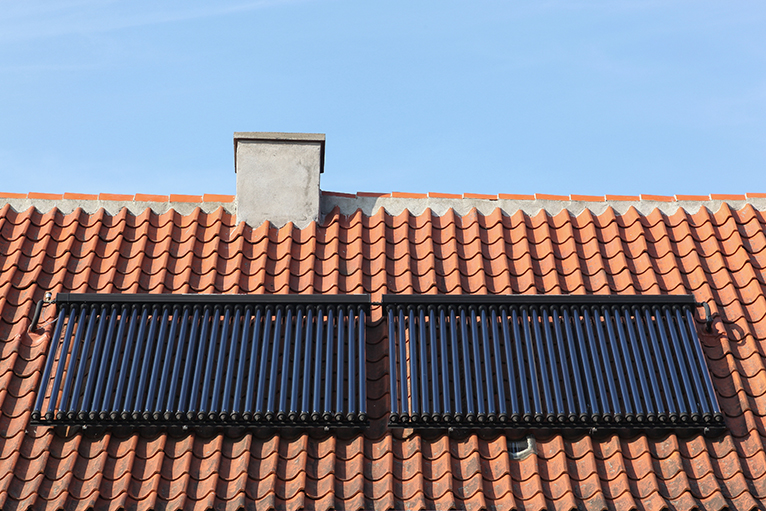
If you install certain renewable heat systems in your home and join the domestic RHI scheme, you’ll get quarterly payments for seven years. The renewable heat systems eligible for the scheme are:
The scheme is run by Ofgem (The Office of Gas and Electricity Markets).
How much can I get?
The amount of money you’ll get depends on the amount of clean renewable heat that your system produces. Find out how much you could get by using the domestic RHI payment calculator.
Who’s eligible?
Homeowners and private or social landlords in England, Scotland, and Wales. Owners of new build properties aren’t usually eligible, except if you’re building your own home.
When’s the deadline?
Midnight on 31st March 2022.
How to apply
Before installing a renewable heat system in your home, follow Ofgem’s guidance on preparing to apply for the scheme. This includes looking at the Domestic RHI Product Eligibility List. Then, you can apply for the domestic RHI. You can do all of this on the Ofgem website.
Smart Export Guarantee (SEG) Scheme
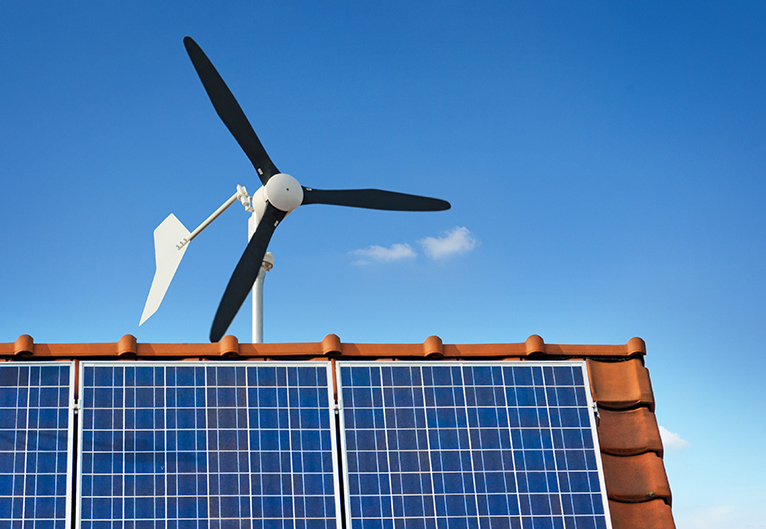
Through the SEG scheme, households that export the excess, unused renewable electricity that they generate to the National Grid will get payments from electricity suppliers. The low-carbon electricity systems covered by the scheme are:
The SEG scheme replaces the Feed-in Tariff.
How much can I get?
The amount of money you’ll get depends on the electricity supplier you apply to. So, it’s important to shop around. The following companies are mandatory SEG suppliers from 1st April 2021 to 31st March 2022:
- Avro Energy.
- British Gas.
- Bulb.
- E.
- EDF Energy.
- E.ON.
- Octopus Energy.
- OVO Energy.
- People’s Energy.
- Pure Planet.
- Scottish Power.
- Shell Energy.
- So Energy.
- The Utility Warehouse.
- Utilita.
- Utility Point.
Find voluntary SEG suppliers on the Ofgem website.
Who’s eligible?
Anyone that has a low-carbon electricity system in Great Britain, with a total installed capacity of 5MW maximum, or 50kW maximum for micro combined heat and power.
When’s the deadline?
The scheme started on 1st January 2020 and is in its second year. It’s ongoing so there isn’t a deadline.
How to apply
Apply directly on the SEG supplier’s website.
VAT reduction
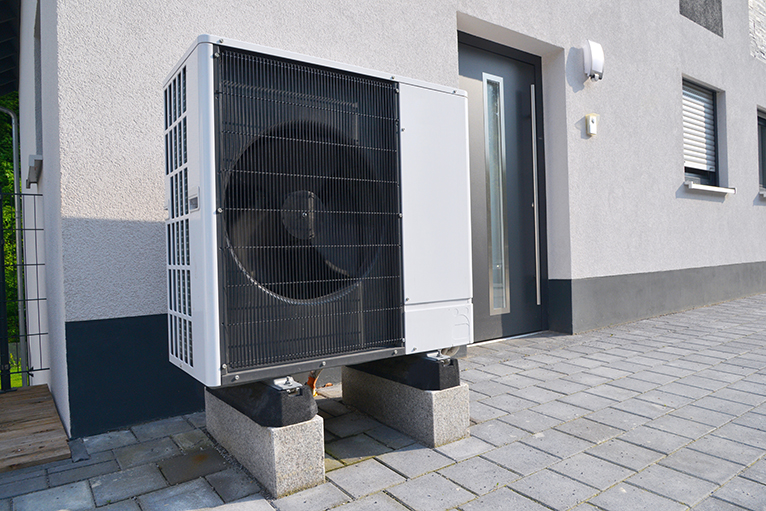
When you get certain energy efficient home improvements installed in your home and meet certain criteria, you’ll pay a reduced VAT rate of 5%. The eligible energy efficient home improvements are:
- Central heating and hot water system controls.
- Draught proofing, such as insulating around windows and doors.
- Wall, floor, ceiling and loft insulation.
- Solar panels.
- Ground-source heat pumps.
- Air-source heat pumps.
- Micro combined heat and power.
- Wood-fuelled boilers.
If you get an energy efficiency home grant for certain installations, you’ll also be eligible for the VAT reduction on the grant-funded part of the work.
The eligible upgrades are:
- Heating appliances: Installation.
- Central heating systems: Installation, repair, and maintenance.
- Renewable source heating systems: Installation, repair, and maintenance.
The green home upgrades that aren’t eligible for the VAT reduction are:
- Heating appliances or systems (unless grant-funded, as explained above).
- Energy efficient boilers or fridge freezers.
- Secondary or double glazing.
- Low emission glass.
- Wind or water turbines.
Who’s eligible?
People over 60 years old that receive one of the following:
- Child Tax Credit (not including the family element).
- Council Tax Benefit.
- Disability Living Allowance.
- Personal Independence Payment.
- A disablement pension.
- Housing Benefit.
- Income-based Jobseeker’s Allowance.
- Income Support.
- War Disablement Pension.
- Working Tax Credit.
When’s the deadline?
The VAT reduction is ongoing; there’s no deadline currently.
How to apply
Your supplier will charge you the correct rate of VAT.
Read more on Gov.uk.
Energy Company Obligation (ECO) Scheme
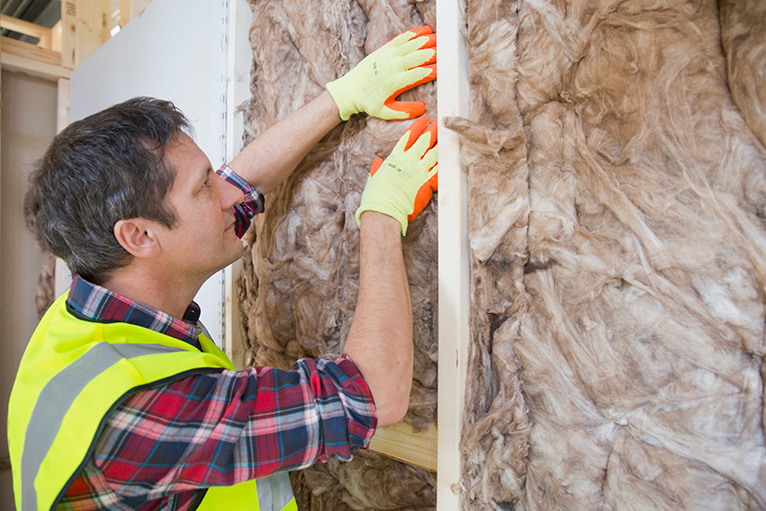
The ECO scheme helps households to install energy efficiency and heating home improvements at a reduced price. The current phase of the scheme (ECO3) is targeted towards lower income households. If you’re eligible, you might be able to get some improvements fitted for free.
What can I get?
The green upgrades available vary by supplier, but the possibilities include:
- Cavity wall and loft insulation.
- Boiler repairs and replacements.
- Upgrading storage heaters
- Installing central heating systems.
See what each ECO supplier is currently offering on the Simple Energy Advice website.
Who’s eligible?
You might be eligible if you receive certain benefits, such as:
- Pension Guarantee Credit (not including Pension Savings Credit).
- Universal Credit.
- Income Support.
- Income-based Jobseeker’s Allowance.
- Income-based Employment and Support Allowance.
- Tax Credits (Child Tax and Working Tax).
- Attendance Allowance.
- Carer’s Allowance.
- Disability Living Allowance.
- Personal Independence Payment.
- Severe Disablement Allowance.
- Industrial Industries Disablement Benefits.
- War Pensions Mobility Supplement.
- Constant Attendance Allowance.
- Armed Forces Independence Payment.
- Child Benefit.
Complete the ECO eligibility questionnaire to find out if you’re eligible. You might be able to get help even if you don’t receive any benefits.
When’s the deadline?
ECO3 is in place until 31st March 2022, after which a new phase will start.
How to apply
Contact the ECO supplier of your choice to apply directly with them. The current ECO suppliers include:
- Avro Energy.
- British Gas.
- Bulb.
- E.
- E-ON.
- Ecotricity.
- EDF Energy.
- Octopus Energy.
- OVO Energy.
- Pure Planet.
- Scottish Power.
- Shell Energy.
- So Energy.
- Utility Warehouse.
- Utilita.
- Utility Point.
Affordable Warmth Obligation
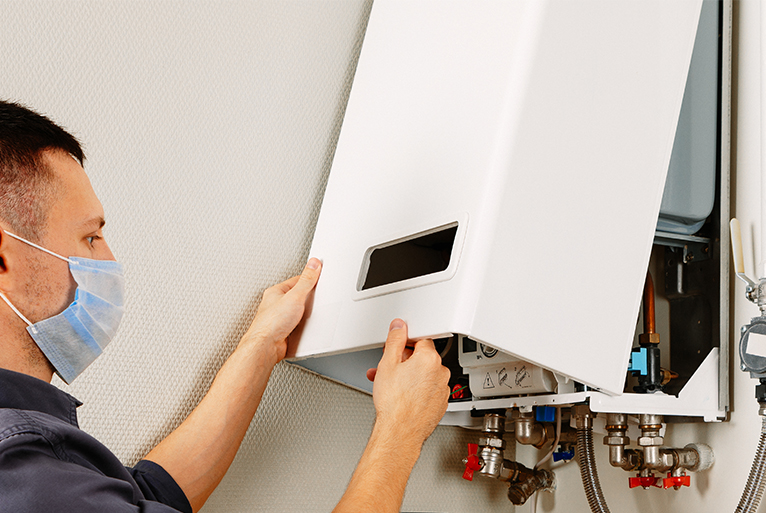
Energy suppliers are providing help with insulation, boiler replacements or repairs and other heating upgrades.
Who’s eligible?
People claiming certain benefits that live in private housing (e.g., homeowners or people that rent from a private landlord) or live in social housing. The eligible benefits are:
- Pension Guarantee Credit (not including Pension Savings Credit).
- Universal Credit.
- Income Support.
- Income-based Jobseeker’s Allowance.
- Income-based Employment and Support Allowance.
- Tax Credits (Child Tax and Working Tax).
- Attendance Allowance.
- Carer’s Allowance.
- Disability Living Allowance.
- Personal Independence Payment.
- Severe Disablement Allowance.
- Industrial Industries Disablement Benefits.
- War Pensions Mobility Supplement.
- Constant Attendance Allowance.
- Armed Forces Independence Payment.
- Child Benefit.
People that rent must have the owner’s permission to do the work. If you live in social housing with an energy efficiency rating of E or below, then you might be able to get help with installing insulation or a heating system for the first time.
When’s the deadline?
There is no deadline.
How to apply
Speak to your energy supplier. In addition, you can read more about the scheme on Gov.uk.
Discounts on energy bills
Warm Home Discount
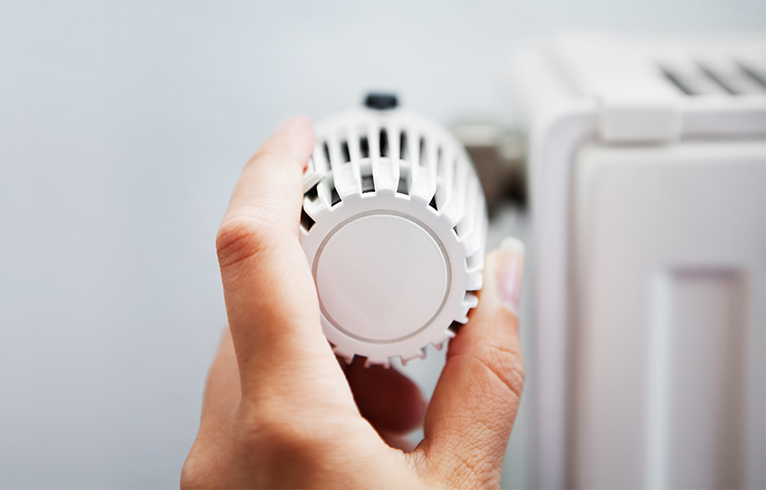
What can I get?
£140 off your winter electricity bill for 2021 to 2022. You’ll get a one-off Warm Home Discount for your bill from October to March.
Who’s eligible?
- The ‘core group’. This includes people that get the Guarantee Credit element of Pension Credit and:
- Your name, or your partner’s name, is on the electricity bill.
- You or your partner get the Guarantee Credit element of Pension Credit (including those that also get Savings Credit).
- Your energy supplier is part of the scheme – find the full list of suppliers for last year’s scheme on Gov.uk.
- The ‘broader group’. This consists of people on a low income.
How to apply
Applications open on 18th October 2021. There isn’t a set date for people living in park or mobile homes. Fill in the Park Homes Warm Home Discount form to be notified when the scheme opens.
The core group
You’ll get a letter between October and December 2021 telling you how to get the Warm Home Discount. Follow any instructions on the letter, and your electricity supplier will apply the discount to your bill by 31st March 2022. If you think you’re eligible for the core group but you don’t get a letter by 31st December, call the Warm Home Discount helpline on 0800 731 0214 (Monday to Friday, 8am to 6pm).
The broader group
Electricity suppliers have a limited number of discounts to give out. Check with your supplier to see if you’re eligible and how to apply – even if you got one last year. Your supplier will apply the discount to your bill by 31st March 2022 if you’re eligible.
If you’re in Scotland, you can call Home Energy Scotland on 0808 808 2282 to see if you’re eligible.
If you use a pre-pay or pay-as-you-go meter, your electricity supplier can tell you how to get the discount.
Winter Fuel Payment

Who’s eligible?
People born on or before 5th October 1954 that lived in the UK for at least one day during the ‘qualifying week’, which is 21st to 27th September 2020. If you didn’t live in the UK during that time, you might still be eligible if you live in Switzerland or an EEA country, or you have a genuine link to the UK such as having previously worked here.
How much can I get?
Between £100 and £300 to pay your heating bills. The amount of Winter Fuel Payment you get will depend on your circumstances.
If you were born between 28th Sept 1940 and 5th Oct 1954, and:
- You live alone or with people that don’t qualify: You’ll get £200.
- You’re living with someone under 80 who also qualifies: You’ll get £100.
- You live with some 80 or over who also qualifies: £100.
- You’re living in a care home and don’t get certain benefits: £100.
If you were born on or before 27th September 1940, and:
- You live alone or with people that don’t qualify: £300.
- You’re living with someone under 80 who also qualifies: £200.
- You live with someone 80 or over who also qualifies: £150.
- You’re living in a care home and don’t get certain benefits: £150.
When’s the deadline?
Most payments are made automatically, usually in November or December. In addition, you should get a letter telling you how much you’ll get and your payment date.
Cold Weather Payment
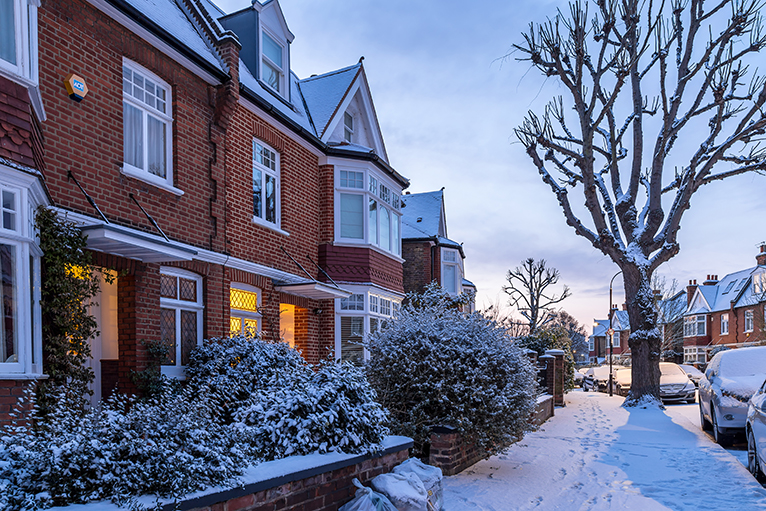
£25 for each 7-day period of very cold weather between 1st November 2021 and 31st March 2021.
Who’s eligible?
People that get:
- Support for Mortgage Interest (SMI).
- Pension Credit.
- Universal Credit.
- You must also have a health condition or disability and limited capacity for work or have a child under 5 that lives with you.
- Income-related Employment and Support Allowance.
- If you’re not in a work-related activity group or support group, you might still get Cold Weather Payments if you have a severe or enhanced disability premium, a pensioner premium, a child who is disabled, a child under 5 that lives with you or Child Tax Credit that includes a disability or severe disability element.
- Income Support.
- Income-based Jobseeker’s Allowance.
- For the latter two, you must also have a disability or pensioner premium, a child who’s disabled, a child under 5 that lives with you or Child Tax Credit that includes a disability or severe disability element.
When’s the deadline?
The 2020 to 2021 scheme has ended, but you’ll be able to see if your area is due a payment for next year’s scheme from 1st November 2021.
How to apply
The Cold Weather Payment is an automatic offer.
If you get Income Support, Income-based Jobseeker’s Allowance or Income-related Employment and Support Allowance and you have a baby or a child aged under 5 that starts living with you, tell Jobcentre Plus otherwise you won’t automatically get your Cold Weather Payments.
Anyone that doesn’t get their Cold Weather Payment should tell their pension centre or Jobcentre Plus. If you get Universal Credit, add a note to your journal on your online account or ring the helpline listed on letters you’ve received about your Universal Credit claim (if you don’t have an online account).
Fuel Direct

You can get some of your fuel and electricity bills (and other bills, like rent) paid directly through your benefits payments if you’re having difficulty paying.
How much can I get?
Some of your benefits will be paid directly to the person or company you owe. The exact amount depends on how much you need to pay off.
Universal Credit recipients can get a 5% deduction for gas, electricity and water.
Who’s eligible?
People that receive:
- Universal Credit.
- Pension Credit.
- Income Support.
- Income-based Jobseeker’s Allowance.
- Income-related Employment and Support Allowance.
How to apply
Talk to the Jobcentre Plus or your pension centre and tell them:
- How much you owe and who to.
- Your customer reference number for your bills.
- Your National Insurance number.
Find out more about Fuel Direct and the other bills covered, on Gov.uk.
Scotland-specific schemes
Home Energy Scotland Loan
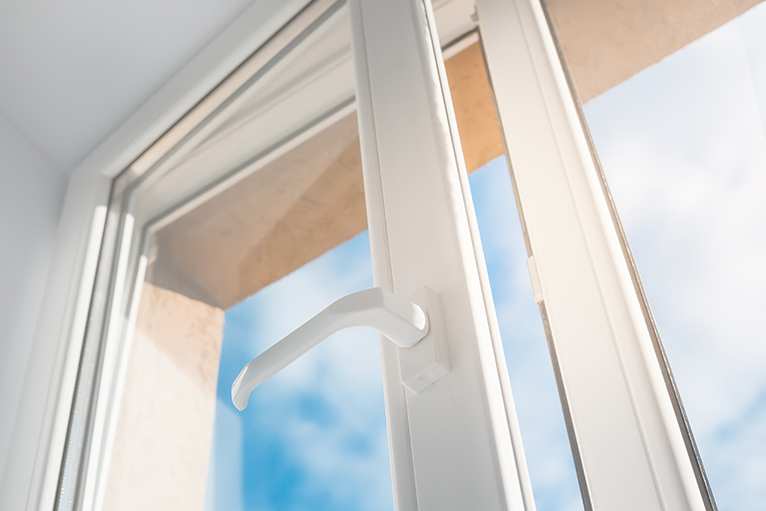
An interest-free loan to install energy efficiency measures. You can also get up to 40% cashback for some measures, and 75% for specific renewable heating systems.
How much can I get?
The amount you get depends on the upgrades you want to make; the upgrades covered are:
Energy efficiency improvements
- Solid wall insulation: Up to £6,000 loan plus £4,000 cashback; £10,000 total.
- Gas, LPG or oil heating systems: Up to £5,000 loan.
- Warm air units or high heat retention electric storage heaters: Up to £4,600 loan plus £400 cashback; £5,000 total.
- Gas connection: Up to £5,000 loan.
- Glazing: Up to £4,100 loan plus £400 cashback; £4,500 total.
- Insulated doors: Up to £4,500 loan.
- Flat roof or room-in-roof insulation: Up to £2,400 loan plus £1,600 cashback; £4,000 total.
- Loft, floor or cavity wall insulation: Up to £600 loan plus £400 cashback; £1,000 total.
The above figures are maximums – cashback is normally up to 25% of the total funding. Any additional funding is subject to availability.
Renewable systems
- Wind or hydro turbines: Up to £2,500 loan.
- Solar PV: UP to £5,000 loan
- Solar water heating systems: Up to £1,250 loan plus £3,750 cashback; £5,000 total.
- Hybrid PV-solar water heating systems: Up to £7,500 loan.
- Energy storage systems (heat or electric batteries): Up to £6,000.
- Heat pumps (air source to water, ground source to water, water source to water, hybrid air source to water): Up to £2,500 loan plus £7,500 cashback.
- Heat meters installed alongside heat pump: Up to £500 cashback.
- Biomass boilers or stoves (excluding non-automated, non-pellet stoves and room heaters): Up to £2,500 loan plus £7,500 cashback.
- Connections to a renewably powered district heating scheme: Up to £1,250 loan plus £3,750 cashback; £5,000 total.
Cashback for renewable heating measures is given on a first-come, first-served basis.
If you apply for heat meter funding, you’ll need to be willing to give meter readings on request after installation.
Secondary improvements
You can borrow up to £500, including £200 cashback for improvements combined with one of the energy efficiency improvements or renewable systems listed above.
Who’s eligible?
Homeowners that live in the property they own, or self-builders (for home renewable systems or energy storage systems). However, landlords, businesses, and property developers aren’t eligible.
How to apply
Call Home Energy Scotland on 0808 808 2282 to speak to an advisor. Read more about the scheme on the Home Energy Scotland website.
Warmer Homes Scotland

Households struggling to pay their energy bills can get funding to make their home warmer and therefore reduce their energy costs.
What can I get?
- Loft and wall insulation.
- Draught proofing.
- Central heating, including new gas boilers.
- Renewables.
Who’s eligible?
Homeowners or people that rent privately, that:
- Live in the home as their main residence.
- Have lived in the home for 12 months minimum, unless they have a DS1500 certificate.
- Live in a home that’s 230 sq m in floor size, with an energy rating of 67 or below.
- Live in a home that meets the tolerable living standard detailed in the Housing (Scotland) Act 2006. If not, then the living standards mustn’t have an impact on the effectiveness of the measures recommended under the scheme.
- Haven’t received Warmer Homes Scotland funding in the last 5 years.
They must also be:
- 75 or over with no working heating system and in receipt of a passport benefit.
- Pregnant or have a child aged 16 or under and in receipt of a passport benefit.
- Receiving Payment Independent Payment with a disability.
- In receipt of high rate Disability Living Allowance (care or mobility component).
- In receipt of low or medium rate Disability Living Allowance and an income related benefit.
- A carer receiving Carers Allowance.
- In receipt of Armed Forces Independence Payment or War Disablement Pension and have been injured or disabled whilst serving in the Armed Forces.
- Injured or disabled due to an accident or disease caused at work, and in receipt of Industrial Injuries Disablement Benefit.
The passport benefits are: Guarantee element of the Pension Credit, Attendance Allowance, Council Tax Reduction (excluding the 25% single occupancy discount), Carer’s Allowance, Armed Forces Independence Payment, War Disablement Pension, Industrial Injuries Disablement Benefit, Higher Rate Care or Mobility components of Disability Living Allowance/Personal Independence Payment, or Universal Credit or any of the benefits due to be replaced by it.
How to apply
Contact Home Energy Scotland on 0808 808 2282 or fill in the contact form for a call or email back. In addition, you can read more about the scheme on the Home Energy Scotland website.
Electric car charging point grant
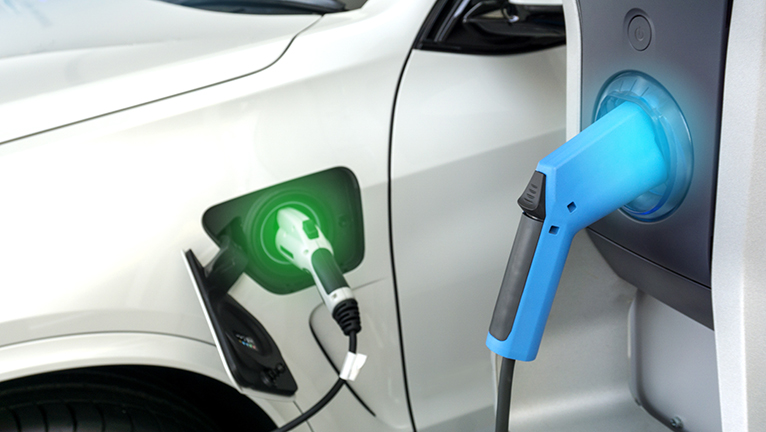
The Energy Saving Trust and the Office for Zero Emission Vehicles (OZEV) provides grants towards the cost of installing 32-amp home charge points for eligible electric vehicles, in line with OZEV technical specifications.
What can I get?
- £350 from OZEV.
- £250 from the Energy Saving Trust.
- £100 extra from those in the most remote areas of Scotland, from the Energy Saving Trust.
Who’s eligible?
Any installation done by an OZEV-accredited supplier, for the OZEV grant. For the £250 and extra £100 reimbursement, it needs to be installed by an Energy Saving Trust-approved domestic charge point installer. Use the domestic charge point installer map to find one.
How to apply
- Get at least one quote from a domestic charge point installer. Getting three quotes is recommended.
- Send electronic copies of your chosen quote and proof that you own an electric vehicle (e.g. an order form) and submit your application form.
- Once you’ve received a grant offer, you can arrange a date for the work to be completed with your supplier. You won’t be eligible for the funding if you get your charge point installed before you get a grant offer.
- Get your invoice and electrical installation certificate from the installer.
- Send your paid invoice, electrical installation certificate and completed grant claim form to the Energy Saving Trust.
The initial £350 will be paid directly to your supplier. Once you’ve paid anything over that to your supplier, you can apply for the £250 reimbursement from the Energy Saving Trust.
If you’re looking to switch to an electric car, van, motorbike or scooter, you can get an interest-free loan of up to £28,000. Read more on the Home Energy Scotland website. Or, you can switch to an eBike or adapted cycle with the help of an interest free loan worth up to £6,000 – read more on the Home Energy Scotland website.
Wales-specific schemes
NEST Wales
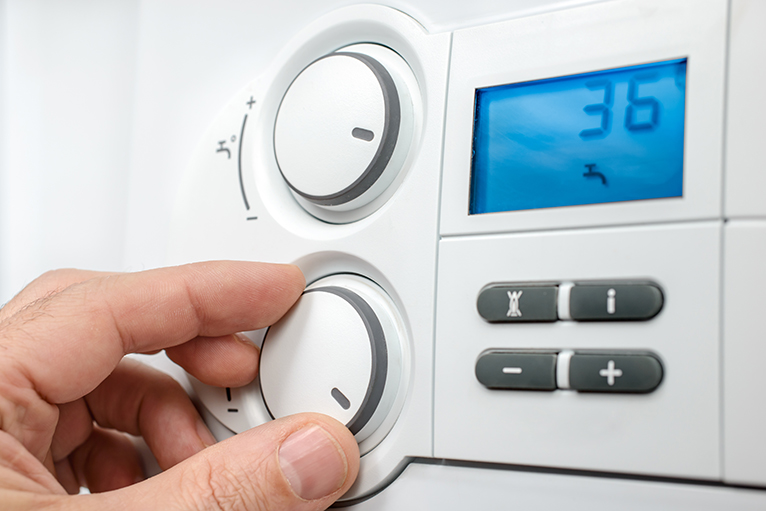
You can get free energy efficiency improvements done in your home through the scheme. The improvements covered are a new boiler, central heating and insulation.
Who’s eligible?
Homeowners or private-sector renters (not council or housing association renters) that:
- Live in a home that’s energy inefficient and expensive to heat.
- Receive, or live with someone that receives, a means tested benefit or has a chronic respiratory, circulatory or mental health condition and income below defined thresholds.
Read more details on the eligibility criteria on the Nest website.
How to apply
Call the freephone number 0808 808 2244 or fill in the online form to get a callback.
Northern Ireland-specific schemes
Boiler Replacement Scheme
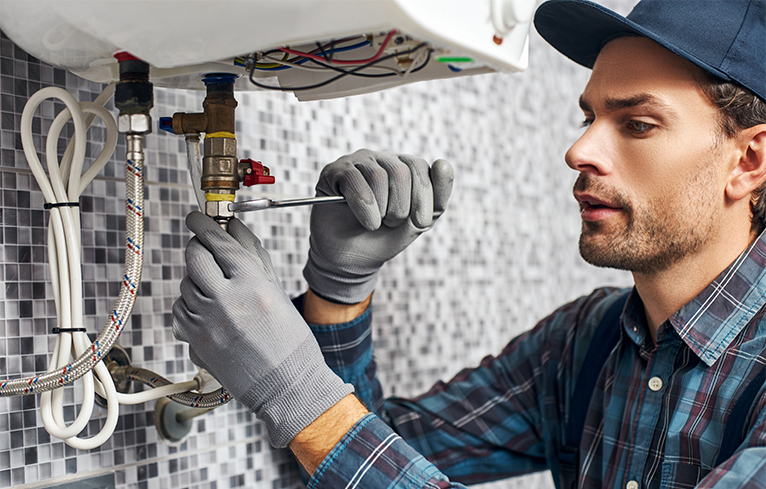
You can get a grant to:
- Replace an inefficient boiler with a more energy efficient condensing oil or gas boiler.
- Switch from an oil to gas boiler.
- Switch to a wood pellet boiler.
How much can I get?
A grant of up to £1,000, depending on your total gross annual income.
People earning less than £20,000
You’ll get £700 to replace your boiler. The grant will rise to £1,000 total if controls are also installed.
People earning over £20,000, but less than £40,000
You’ll get £400 to replace your boiler. The grant will rise to £500 total if controls are also installed.
Who’s eligible?
Owner occupiers with an inefficient boiler that’s 15 years old minimum, and a gross household income of less than £40,000.
How to apply
Get in touch with the Northern Ireland Housing Executive to apply, on:
- Phone: 0344 892 0900.
- Email: [email protected].
Affordable Warmth Scheme
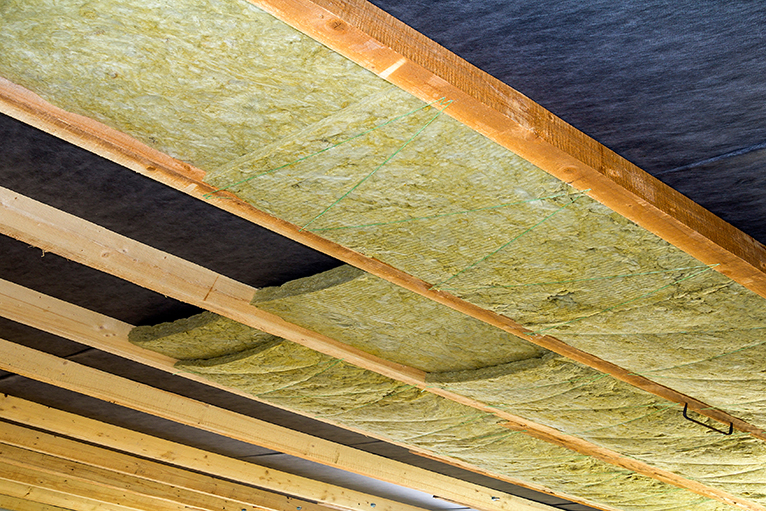
A scheme offering free energy efficiency improvements to households with an income of £20,000 or below. The improvements covered are:
Insulation, ventilation, or draught proofing
- Installing or topping loft insulation up to 300mm.
- Roof, loft, or eaves ventilation.
- Cavity wall insulation or removing and replacing ineffective cavity wall insulation.
- Draught proofing of doors and windows.
- Providing a hot water cylinder jacket.
Heating
- Installing natural gas or oil central heating to replace solid fuel, LPG or Economy 7 systems.
- Converting an Economy 7 system to a high efficiency electrical storage system, where gas and oil systems aren’t viable.
- Replacing or upgrading a boiler that’s at least 15 years old, for householders that are either aged over 65, are in receipt of Disability Living Allowance, Personal Independence Payment or Attendance Allowance, or have a child that’s in receipt of Child Benefit.
Windows
- Replacing single glazed windows.
- Replacing defective double glazing.
Solid walls
- Solid wall insulation.
How much can I get?
A grant of up to £7,500. If your home needs solid wall construction and insulation, you could get up to £10,000.
If you rent your home privately, your landlord will need to pay 50% of the total cost of the energy efficiency measures needed, as well as agreeing to the measures being installed and registering with the Department for Communities’ Landlord Registration Scheme.
Who’s eligible?
People that live in Northern Ireland with a total annual gross income of less than £20,000, and:
- Own their home.
- Or rent their home from a private landlord.
- Or have their day/life interest in the home.
How to apply
Council staff are visiting homes that are most likely to be affected by fuel property. Or, you can contact your local council to see if you’d qualify for help and to apply.
To search for more energy efficiency home grants available in your area of the UK, head to the postcode search tool on the Simple Energy Advice website.


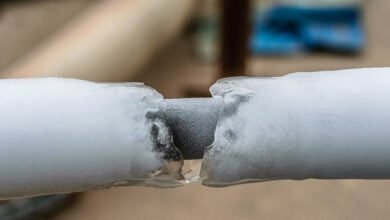

Can l get a new boiler . Live in scotland
Hi David, there are a couple of schemes in Scotland that cover boiler replacements and/or repairs that you may be eligible for, such as the Energy Company Obligation (ECO) scheme, Affordable Warmth Obligation, Home Energy Scotland loans and Warmer Homes Scotland funding.
Are there any grants to replace old windows I’m on pension credit?
Hi More Eileen Elliott, there are some grants available to replace single glazed windows, such as the Affordable Warmth Scheme in Northern Ireland. I’d recommend putting your postcode into the Simple Energy Advice finder to see which local grants you could be eligible for: https:https://www.simpleenergyadvice.org.uk/grants//www.simpleenergyadvice.org.uk/grants.
Thank you for telling us about this. Now my wife and I have bought a new house and we understand that we need to invest some more money in it so that we can live in peace and not be afraid of bills for heat in the winter. Namely, we need to insulate it enough, but after buying a new house, basically, there is not so much free money left, so we started looking for any advantageous offers in this industry. I really hope that one of the programs you wrote about might work for us.